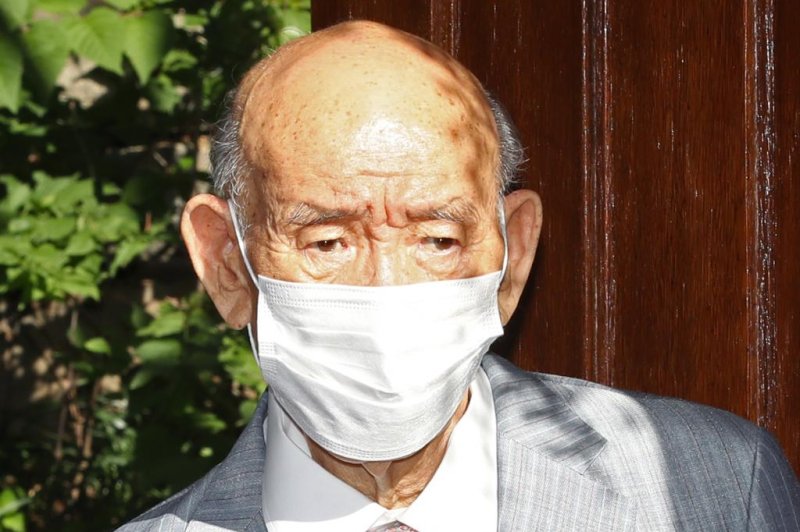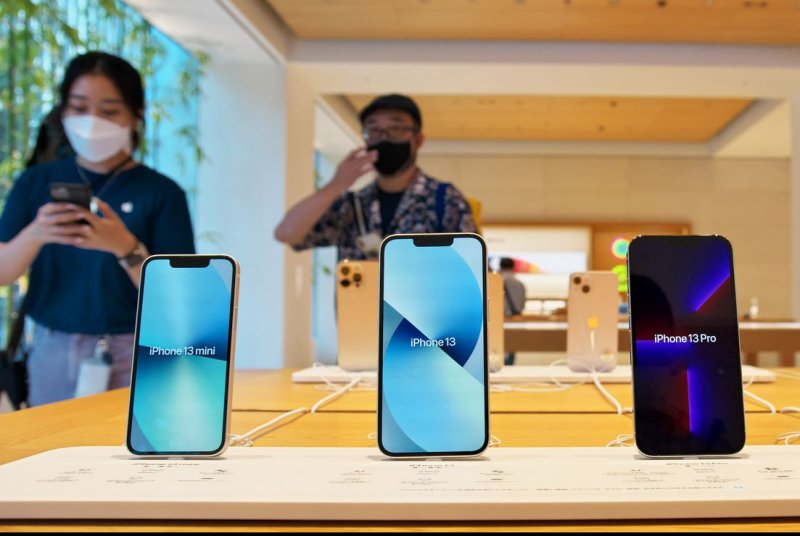By HUIZHONG WU

TAIPEI, Taiwan (AP) — Huang Xueqin, who publicly supported a woman when she accused a professor of sexual assault, was arrested in September. Wang Jianbing, who helped women report sexual harassment, was detained along with her. Neither has been heard from since. Meanwhile, several other women’s rights activists have faced smear campaigns on social media and some have seen their accounts shuttered.
When tennis star Peng Shuai disappeared from public view this month after accusing a senior Chinese politician of sexual assault, it caused an international uproar. But back in China, Peng is just one of several people — activists and accusers alike — who have been hustled out of view, charged with crimes or trolled and silenced online for speaking out about the harassment, violence and discrimination women face every day.
When Huang helped spark a grassroots #MeToo movement in China in 2018, it gained fairly wide visibility and achieved some measure of success, including getting the civil code to define sexual harassment for the first time. But it was also met with stiff resistance from Chinese authorities, who are quick to counter any social movement they fear could challenge their hold on power. That crackdown has intensified this year, part of wider efforts to limit what’s acceptable in the public discourse.
“They’re publicly excluding us from the legitimacy, from the legitimate public space,” said Lu Pin, an activist who now lives in the U.S. but is still active on women’s rights issues in China. “This society’s middle ground is disappearing.”
In a sign of how threatening the #MeToo movement and activism on women’s rights is to Chinese authorities, many activists have been dismissed as tools of foreign interference — a label used to discredit their concerns as fabrications by China’s enemies meant to destabilize it.
The ongoing crackdown has mostly targeted activists with little fame or clout and who often worked with marginalized groups.
Huang and Wang both had a history of advocating for disadvantaged groups, and have been charged with subversion of state power, according to a friend of both activists who saw a notice sent to Wang’s family. He spoke on condition of anonymity for fear of police retaliation. Police in the southern Chinese city of Guangzhou where the two were arrested did not respond to a faxed request for comment.
The charge is vague and often used against political dissidents. Huang’s and Wang’s families have not heard from them since they were detained and are not able to contact them — another tactic often deployed in political cases.

The #MeToo movement burst into view in China, when Huang helped a woman named Luo Xixi to publicly accused her professor at Beihang University of trying to force her to have sex with him. The university conducted an investigation and fired the scholar, who it said had violated professional ethics.
Luo’s account inspired dozens of other women to come forward — all online. Thousands of students signed petitions and put pressure on their universities to address sexual violence. Women in other industries spoke up, leading to public discussions about the power imbalances between the sexes in many workplaces, the lack of justice for survivors of sexual violence, and the way gender can determine how one is treated in Chinese society.
While that national conversation was unsettling for authorities from the beginning, efforts to counter activism on women’s issues have increased this year, including by nationalist, pro-government influencers, some of who seem to have the blessing of authorities and have been praised by state media.
In a span of a few weeks in the spring, influencers with millions of followers launched a wave of attacks against women’s rights activists on Weibo, one of China’s leading social media platforms. They accused them of being anti-China and of being backed by foreign forces, without evidence. Such allegations have often been leveled at protest movements, including the pro-democracy one in Hong Kong that Beijing has relentlessly tried to stamp out.
By late April, roughly a dozen activists and nonprofits found their accounts restricted from posting temporarily or permanently suspended. It’s not clear why in all cases, but one activist who had lost her account, Liang Xiaowen, shared a notice from Weibo that said her account had “shared illegal and harmful information.”

Even Zhou Xiaoxuan, who accused well-known state TV host Zhu Jun of groping her when she was an intern and was once praised for her courage in speaking up, faced a campaign of harassment and can no longer post on her public-facing accounts.
On Weibo, users send her private messages such as, “Get out of China, I feel disgusting living with a type of person like you, on the same piece of land.” Another called her a piece of “toilet paper” that “foreigners would use and then throw away.”
The effect is such that any discussion about the harassment, violence or inequalities that women face has been increasingly shielded from the public view.
“Now, the situation on social media is such that you have been completely sealed off, you have no way to speak,” said Zhou.
The attacks have not been limited to the digital space. In September, when Zhou went to a court hearing in the civil case where she was suing Zhu for damages and an apology, a group of aggressive bystanders yelled at her and tried to prevent her from speaking to reporters. Police at the scene did not stop them.
Late that night, when Zhou left the courthouse and headed for home, she said she was followed by men in two cars. The men waited outside her residential complex for half an hour before leaving.
The pressure campaign also forced a low-profile group called Hot Pepper Tribe, which worked with female migrant workers, to shut down in August. The group had tried to raise awareness of the hardships faced by women who work in factories, construction and other manual labor fields. It had come under pressure from authorities, though it’s not clear why it was singled out.
Still, activists are hopeful that the #MeToo movement has opened a door that cannot be shut.
“This is not so simple that you find a few feminist bloggers and you shut down their accounts,” said Zhou. “Becoming a feminist comes from discovering what kind of problems you face. And once you become a feminist, then it’s very hard to give it up. And #MeToo’s very important meaning is that it has inspired a broad feminist community.”
___
Associated Press news assistant Caroline Chen in Beijing contributed to this report.











